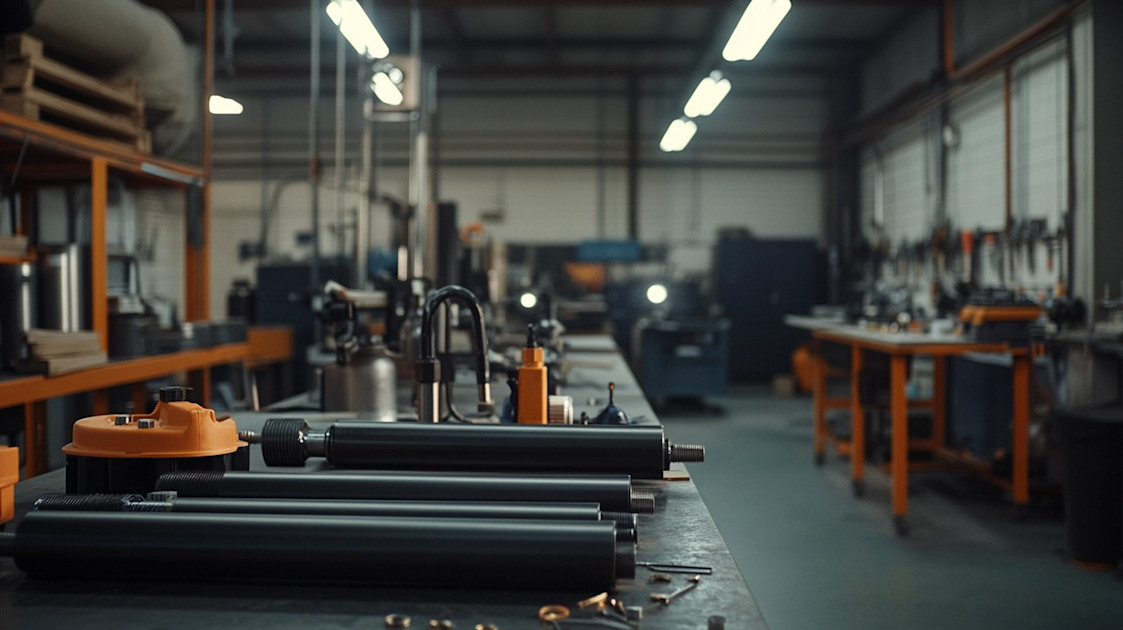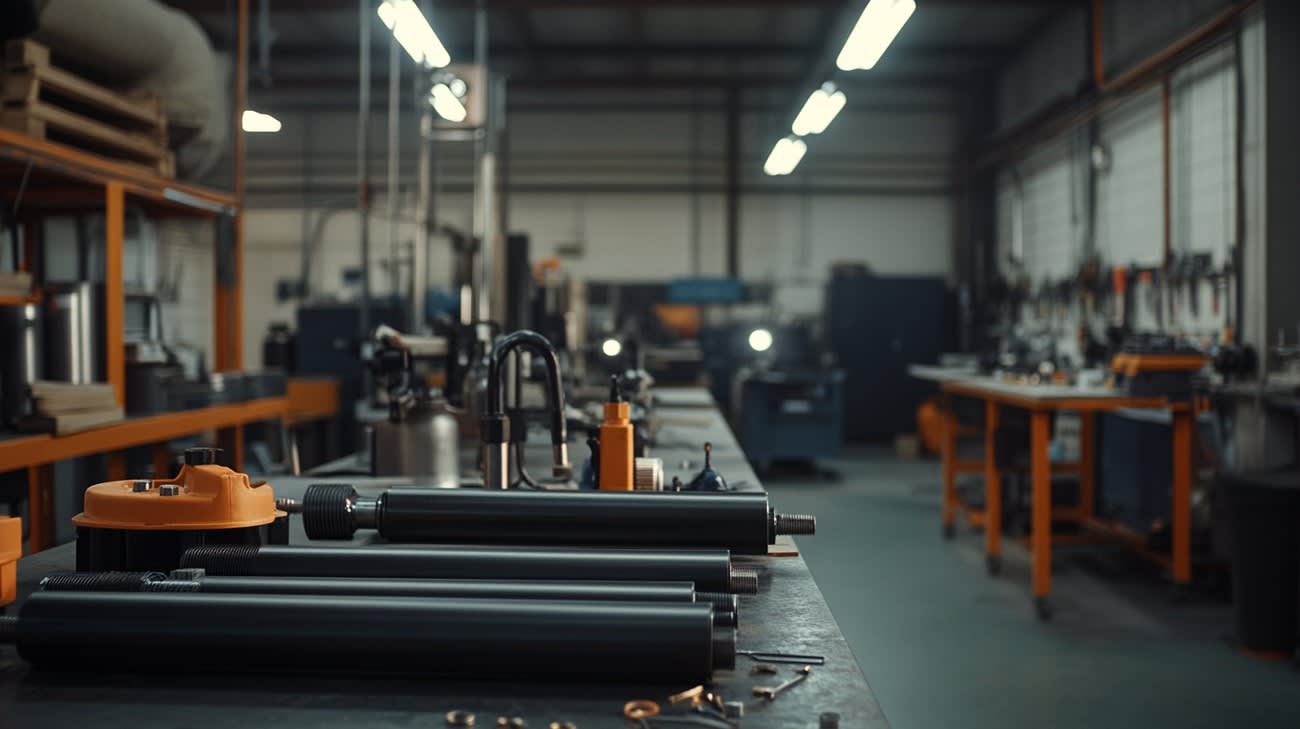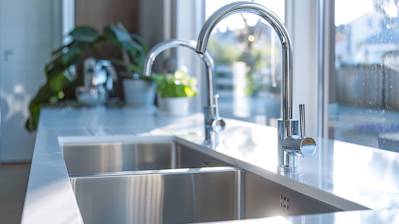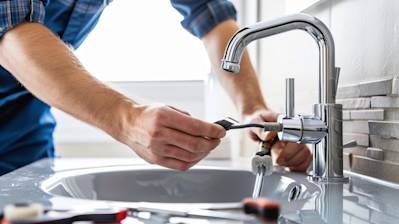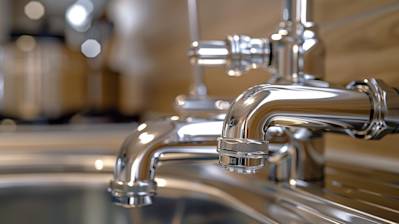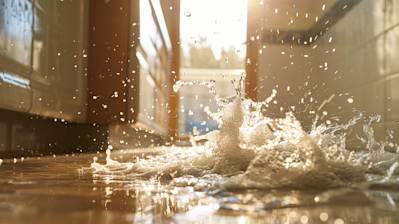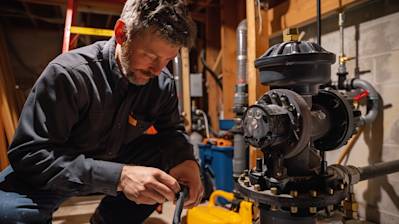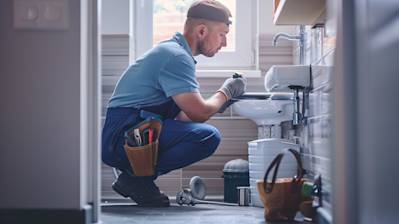ABS pipe, the abbreviation for Acrylonitrile Butadiene Styrene pipe, is a versatile and commonly used plastic piping in various constructions. With the highest potential for plumbing, drain, waste, and vent lines, it has made itself an integral part of the plumbing industry. In this blog, we'll be taking a deeper look at ABS pipe, its types, uses, and tips on installation.
The Grandeur of ABS Pipe: An Introduction
ABS pipe is known for its strength, durability, and resistance to a wide range of temperatures. Furthermore, its lightweight feature has made it an optimal choice for many plumbers and builders. The ability to fend off rust, rot, and electrolysis outshines metal pipe options. Let's delve deeper into what ABS pipe is, elaborating on its different facets:
Material: ABS is a terpolymer made by polymerizing styrene and acrylonitrile with polybutadiene, creating a strong, hard-wearing, and resistant material.
Color: ABS pipes are generally black in color which helps in absorbing and holding heat.
Varieties: They are available in a variety of lengths and diameters to assist various purposes and can be cut according to specific requirements.
Immaculate Implementation of ABS Pipes
What makes ABS pipes stand out is their strikingly broad range of applications. Below are some of the many uses of ABS pipe:
Residential Plumbing: Due to its heat-resistance and durability, ABS pipe is popularly used for residential plumbing, mainly for waste, vent, and drain lines.
Industrial Construction: Their high-impact resistance and robust nature make them suitable for industrial utilization.
Irrigation Systems: Similarly, ABS pipes also serve an important role in irrigation systems where water transport requires durable and effective piping.
Different Types of ABS Pipes
There are mainly two types of ABS pipes: cellular core (foam core) and solid wall pipes.
Cellular Core ABS Pipes: This variety is lighter and less expensive. However, its cellular core configuration slightly reduces rigidity.
Solid Wall ABS Pipes: As the name suggests, these pipes are solid throughout, hence provides better strength and durability. An excellent choice where high resistance is essential.
Helpful Hints for ABS Pipe Installation
Taking the plunge to install ABS Pipe? Here are some handy tips to consider:
Measurement: Measure the pipe twice before cutting to ensure it fits perfectly.
Primer: Using primer before the cement application creates an ideal surface that results in a stronger bond
Cement Usage: Use ABS solvent cement, not adhesive. Apply cement evenly to both the pipe and the fitting.
Assembly-Time: After coupling pipe and fitting, rotate 1/4 turn and hold for approximately 30 seconds.
The Paramount Importance of ABS Pipe Maintenance
Just like any other plumbing system, ABS pipes also need regular maintenance to stay in optimum condition. Below are few maintenance tips:
Regularly inspect the pipes, especially after extreme weather conditions.
Clean the system with a professional pipe cleaner occasionally.
Make sure to immediately repair any damages, cracks, or leaks observed to avoid further deteriorations.
ABS Pipe and Environment: A Sustainable Approach
Not just its durability and strength, but ABS pipe also gets attention for its environmental friendliness. ABS material is recyclable, making it a more sustainable choice over other types of plastic. Plus, the energy consumed during the production process is relatively lower.
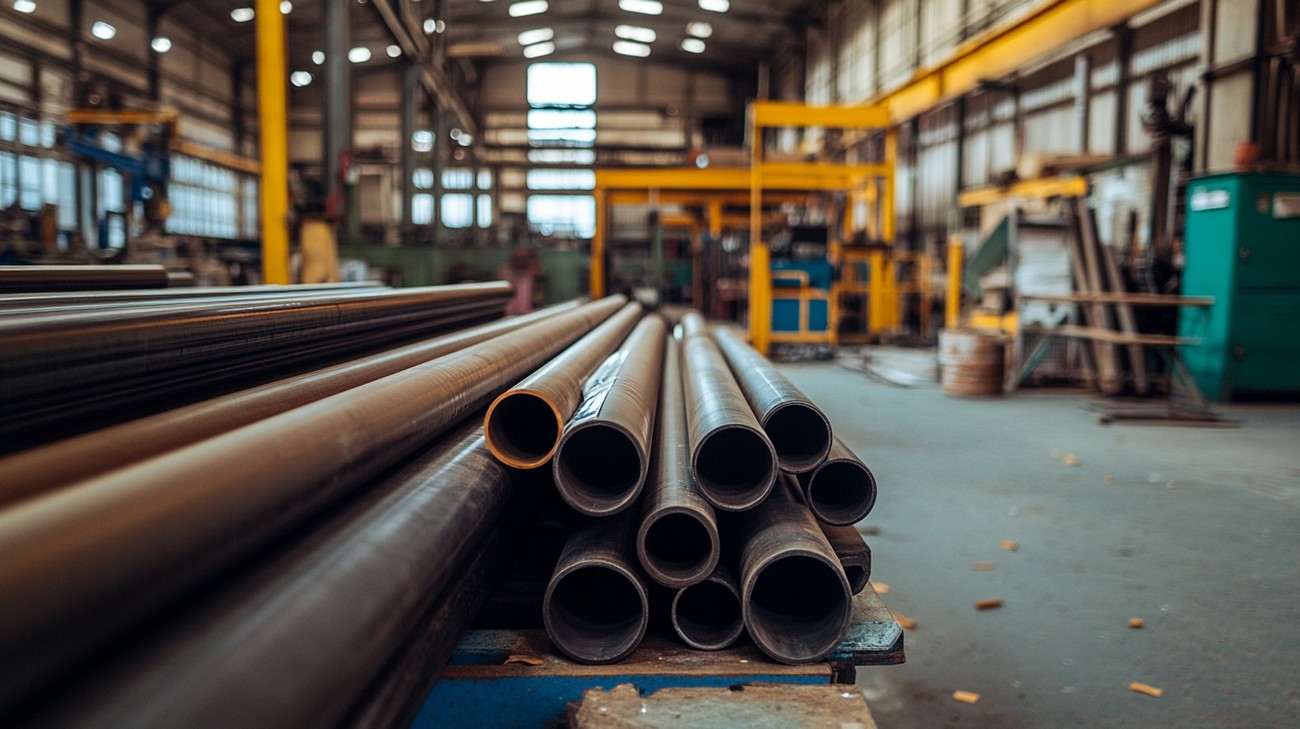
Frequently Asked Questions about Abs Pipe
Are ABS Pipes Resistant to Freeze and Thaw Cycles?
Yes, ABS pipes are highly resistant to freeze-thaw cycles due to their flexibility, unlike their rigid counterparts such as PVC pipes. This makes them a popular choice especially in colder regions.
Are ABS Pipes Suitable for Potable Water Supplies?
ABS pipes are not usually recommended for potable (drinkable) water supply lines. They're primarily used for drain, waste, and vent lines. For potable water, other pipe materials like copper or CPVC are typically used instead.
How Long Does an ABS Pipe Last?
If installed correctly and used in appropriate applications, ABS pipes can last up to 50-70 years. However, the lifespan of ABS pipes can vary depending on factors like usage, environmental conditions, and maintenance efforts.
How Do I Install ABS Pipes?
ABS pipes are relatively easy to install. You'd start off by cutting the pipe to your desired length, applying ABS cement to the joints, and then attaching the pipes together. It's crucial, though, to allow sufficient drying time to ensure a reliable seal.
Can I Connect ABS Pipes to PVC Pipes?
Yes, it’s possible to connect ABS pipes to PVC pipes using a special cement called "transition cement" or by using a rubber coupling with stainless steel clamps. However, it's important to note that some local plumbing codes may not allow it.
Can ABS Pipes Handle Hot Water?
ABS pipes can handle a wide range of temperatures, including hot-water discharges in many typical residential and commercial settings. However, they're not suitable for high-temperature applications, such as supplying hot water in a central heating system.
How Do I Repair a Damaged ABS Pipe?
Damaged ABS pipes can typically be repaired by cutting out the damaged section and replacing it with a new piece of ABS pipe, joined by couplings. You can use ABS cement to secure the new piece and ensure a perfect fit.

Pros of ABS Pipe
Easy Installation
One of the foremost advantages of ABS (Acrylonitrile Butadiene Styrene) pipe is the ease of installation. These pipes are lightweight, which makes them easy to handle and install, even in complex plumbing setups. They are also easy to cut and reshaped, allowing for convenient customization as per the site requirements.
Durability
ABS pipes are recognized for their strength and resilience. They are highly resistant to impact, which enables them to withstand the rigors of shipping, handling, and installation processes. They are also sturdy enough to resist damage from household chemicals, contributing to their longevity.
Resistance to Cold Temperature
ABS pipes are more resistant to freezing temperatures than some other types of piping material, like PVC. This reduces the likelihood of the pipes cracking or becoming damaged due to freezing and thawing cycles, making them a practical choice for cold climate regions.
Cost-effectiveness
For homeowners or contractors on a budget, ABS pipes provide a cost-effective solution. They are generally less expensive than other types of piping materials, providing reliable performance at a lower cost.
Compatibility with Other Materials
ABS pipes can be used with various types of materials. They are compatible with both metal and plastic fittings, making them versatile in different plumbing applications.
Cons of ABS Pipe
Warping Under Sunlight
ABS pipes are not well-suited for direct sunlight exposure. They tend to warp or become brittle when exposed to UV radiation, which might lead to cracks and leaks over time. This necessitates their installation in shaded or covered areas or requires the application of a protective coating to shield against sun damage.
Not Suitable for High-Temperature Environments
While ABS pipes excel in handling cold temperatures, they fall short when it comes to high temperatures. The pipe can deform and weaken when subjected to prolonged high heat, limiting their use in hot-water applications or in environments that experience high temperatures.
Gluing Difficulties
Application of adhesives to ABS pipes can be rather tricky. Though they can be glued using solvent cement, the bond might not be as strong as with other pipes, like PVC. This can lead to potential leak issues, which requires careful installation and inspection.
Not Allowed Everywhere
Due to fire resistance concerns, ABS pipes might not be permitted by building codes in every jurisdiction. It's crucial to check local building codes and regulations before opting for ABS pipes for your plumbing configurations.
Color Limitations
ABS pipes are usually only available in black. This color restriction might not resonate with some users who prefer a specific color scheme for their piping systems or desire more aesthetic freedom.
Questionable Sustainability
While ABS pipes are durable, they are not as environmentally friendly as some other piping options because ABS doesn't biodegrade quickly. If you are considering a more sustainable, eco-friendly pipe option, ABS might not align with this goal.
Overall, ABS pipes possess a myriad of advantages that make them a viable choice for many plumbing applications. Yet, their limitations warrant careful consideration based on specific usage requirements and conditions. When chosen strategically and installed correctly, ABS pipes can offer a reliable combination of performance, durability, and cost-effectiveness.

Myths and Misconceptions about ABS Pipe
ABS (Acrylonitrile Butadiene Styrene) pipe is a popular material choice for many DIY and professional plumbing projects. However, as with many products, several myths and misconceptions surround ABS pipes, making it difficult for people to make informed buying decisions. Let's break down some of these incorrect perceptions.
Myth 1: ABS Pipe is Inherently Inferior to PVC and Other Materials
Misconception: ABS is Less Durable
Often, people position ABS pipe as the lesser relative of PVC pipe. However, this is a perception grounded in myth and falsehood. Different doesn't always mean inferior. ABS pipe's composition allows it to withstand substantial impact and cold temperatures, areas where PVC may falter.
Misconception: ABS Interfaces Poorly with Other Materials
Critics argue that ABS doesn't meld well with other materials, considering it a notable demerit. The truth is, with the correct fittings, ABS can indeed interface efficiently with materials like metal or PVC without much trouble.
Myth 2: ABS Pipe is Only Suitable for Vent and Drain Lines
Misconception: ABS is not Versatile
The idea that ABS is good for just one or two types of applications is immensely flawed. ABS pipe is versatile in usage and is suitable for various residential and commercial plumbing needs. Not only does it serve well in vent and drain lines, but also in underground exterior applications, given its excellent resistance to cold and impact.
Myth 3: ABS Pipe Quickly Degenerates and is Not Environmentally Friendly
Misconception: ABS has a Short Lifespan
Like any pipe material, the lifespan of ABS pipe can vary greatly based on installation quality, usage, and environmental conditions. However, it's incorrect to make a blanket statement that ABS pipe doesn't last long. In some cases, it can last for several decades without problems.
Misconception: ABS is Harmful to the Environment
Critics claim that because ABS is derived from fossil fuels, it's worse for the environment. But we need to consider several factors when thinking about environmental impacts, including manufacturing process, lifespan, and ongoing energy usage. In these respects, ABS pipe is comparable to other plumbing materials.
Myth 4: ABS Pipe's Black Color Means it Heats Up Quickly
Misconception: Heat Absorption is a Major Issue
While it's accurate to state that black absorbs heat more than lighter colors, it's not reasonable to assume this creates a functional problem for ABS pipe. In most applications, the heat absorption caused by its color has minimal, if any, effect on its performance.
Myth 5: ABS Pipe is More Expensive than Other Materials
Misconception: High Expense = Bad Investment
Finally, the idea that ABS pipe is more expensive upfront, and thus not a good investment, is a widespread misconception. While the costs of ABS may be a bit higher initially, its durability and versatility mean that it often provides better overall value in the long term. Remember, initial price is not the only factor to consider when evaluating the total cost of ownership.
By debunking these myths, we can hopefully clarify the numerous ways ABS pipe is a durable, flexible, and reliable choice for a wide range of plumbing applications. As with any material, however, it is always essential to consider the specifics of the job and location before deciding if ABS pipe is the right choice for your needs.
Summary
So the big takeaway here is that ABS pipe is pretty handy material. It's strong and lightweight, making it a go-to for a lot of plumbing applications. The fact that it's resistant to most types of physical damage and corrosive substances is just a added bonus. And let's not forget how easy it is to install and manage, which is probably why it's preferred by DIY enthusiasts and professionals alike.
We've also learned that although ABS pipe has a lot of benefits, it's always vital to know your area's local building codes before you begin your project. Despite its many uses, there are still places where it's not allowed due to the certain risks it poses. So always remember to check up on that to avoid any future issues.
Finally, remember that like any other material, ABS pipe is not perfect. It can warp or deform when exposed to direct sunlight over extended periods. It's also not suitable for distributing hot water as it has a low heat tolerance. However, despite these downsides, it remains a practical and budget-friendly choice for various plumbing needs.
About KYPD Plumbing
KYPD Plumbing is your reliable and dedicated plumbing service provider right here in the heart of Lexington, KY. We've been in the business for years, serving our local community with unbeatable expertise and a warm, friendly approach. Whether it's emergency repairs, regular maintenance, or installations, our skilled and certified plumbers are always up to the task. Committed to quality and customer satisfaction, KYPD Plumbing celebrates being a part of our charming Lexington community and looks forward to continuing to serve all your plumbing needs.
Tags: plumbing, construction, PVC,

